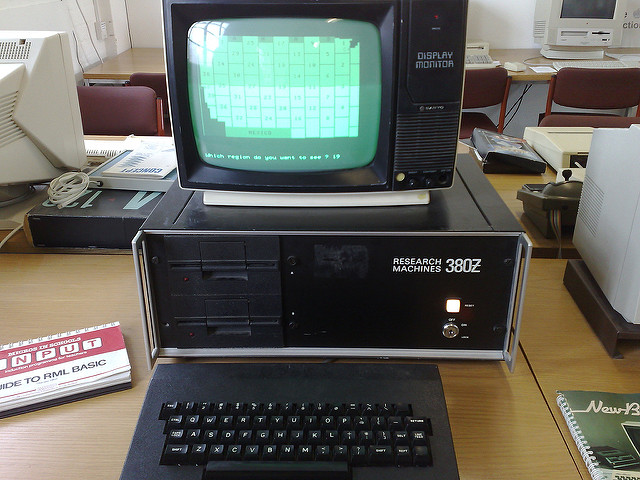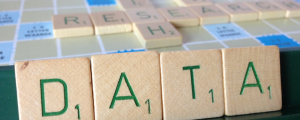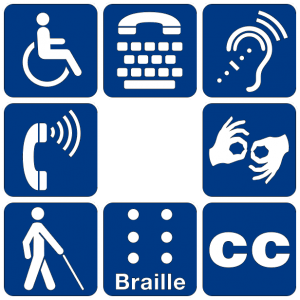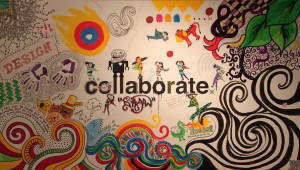
Remember to bring your devices on Thursday — hopefully one a little less dated than this. (Image by Javier Carcamo)
Getting Hands-On with Research Projects on the OpenLab
Thursday, April 7th, 5:00 – 6:30 pm (N227)
Refreshments will be served.
Interested in building a space for your research on the OpenLab? Bring your own laptop or device to this follow-up working session on research projects on the OpenLab, where we will explore and build projects on the OpenLab centered on specific research questions. Participants will leave with a collaborative space on the OpenLab for organizing, archiving, and publicly displaying their research.
Please email us at OpenLab@citytech.cuny.edu or comment below to let us know your ideas for the session. What research project do you want to work on?
And remember to bring your devices, as this will be a working session!

 the OpenLab can support your research? Previous events have focused on courses, but we’re seeing more research projects appear on the OpenLab. This session showcases this exciting work happening at City Tech, and explores some of the ways faculty and staff are using the OpenLab to collaborate with colleagues and students on research projects.
the OpenLab can support your research? Previous events have focused on courses, but we’re seeing more research projects appear on the OpenLab. This session showcases this exciting work happening at City Tech, and explores some of the ways faculty and staff are using the OpenLab to collaborate with colleagues and students on research projects. theme, Knowing Brooklyn? A companion event to this college-wide effort, this session takes a place-based approach to open digital pedagogy. Together we will think through ways to integrate place-based learning around City Tech’s Brooklyn location with open pedagogy on the OpenLab, as we design our courses, activities, and assignments. In partnership with the Brooklyn Waterfront Research Center.
theme, Knowing Brooklyn? A companion event to this college-wide effort, this session takes a place-based approach to open digital pedagogy. Together we will think through ways to integrate place-based learning around City Tech’s Brooklyn location with open pedagogy on the OpenLab, as we design our courses, activities, and assignments. In partnership with the Brooklyn Waterfront Research Center.



